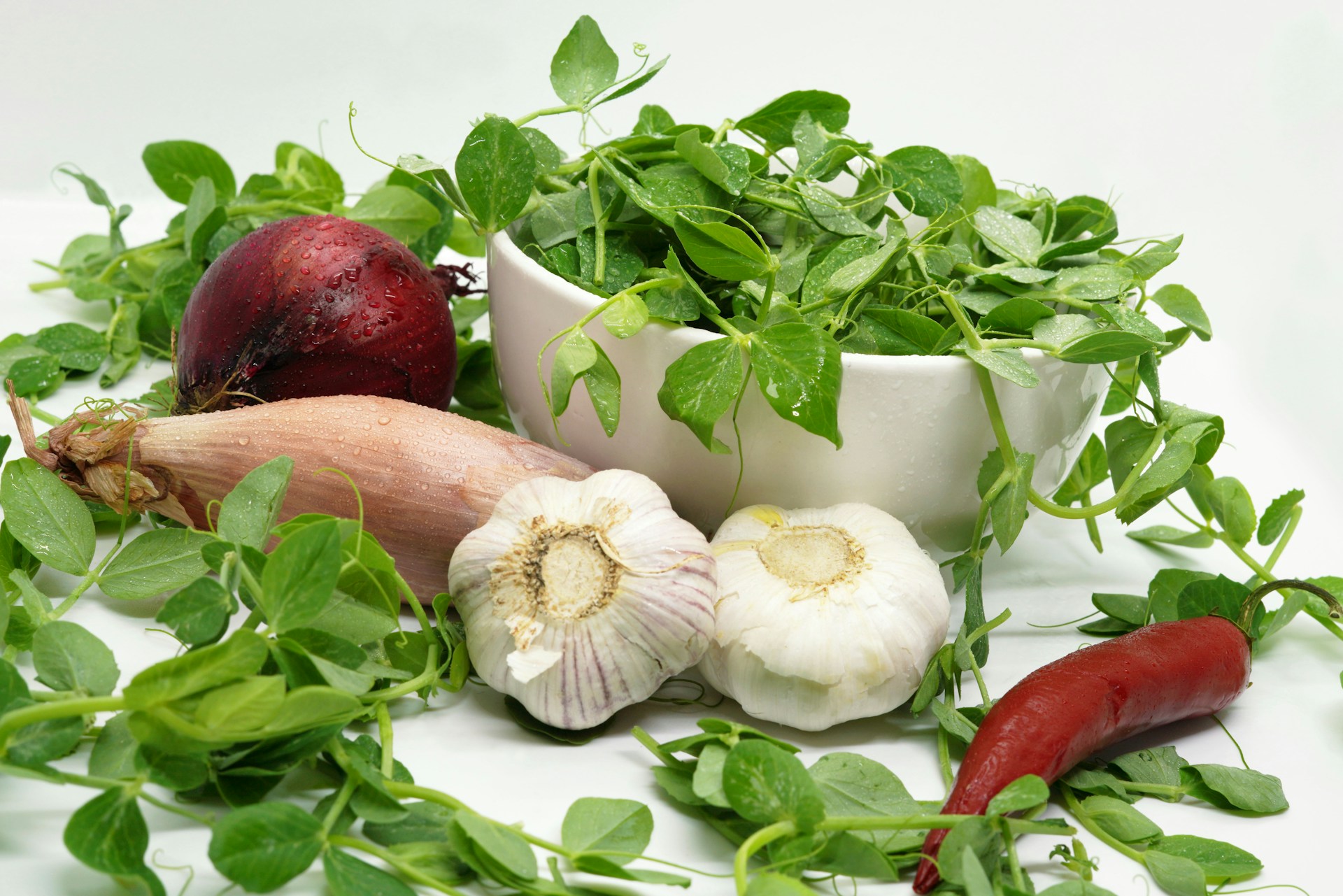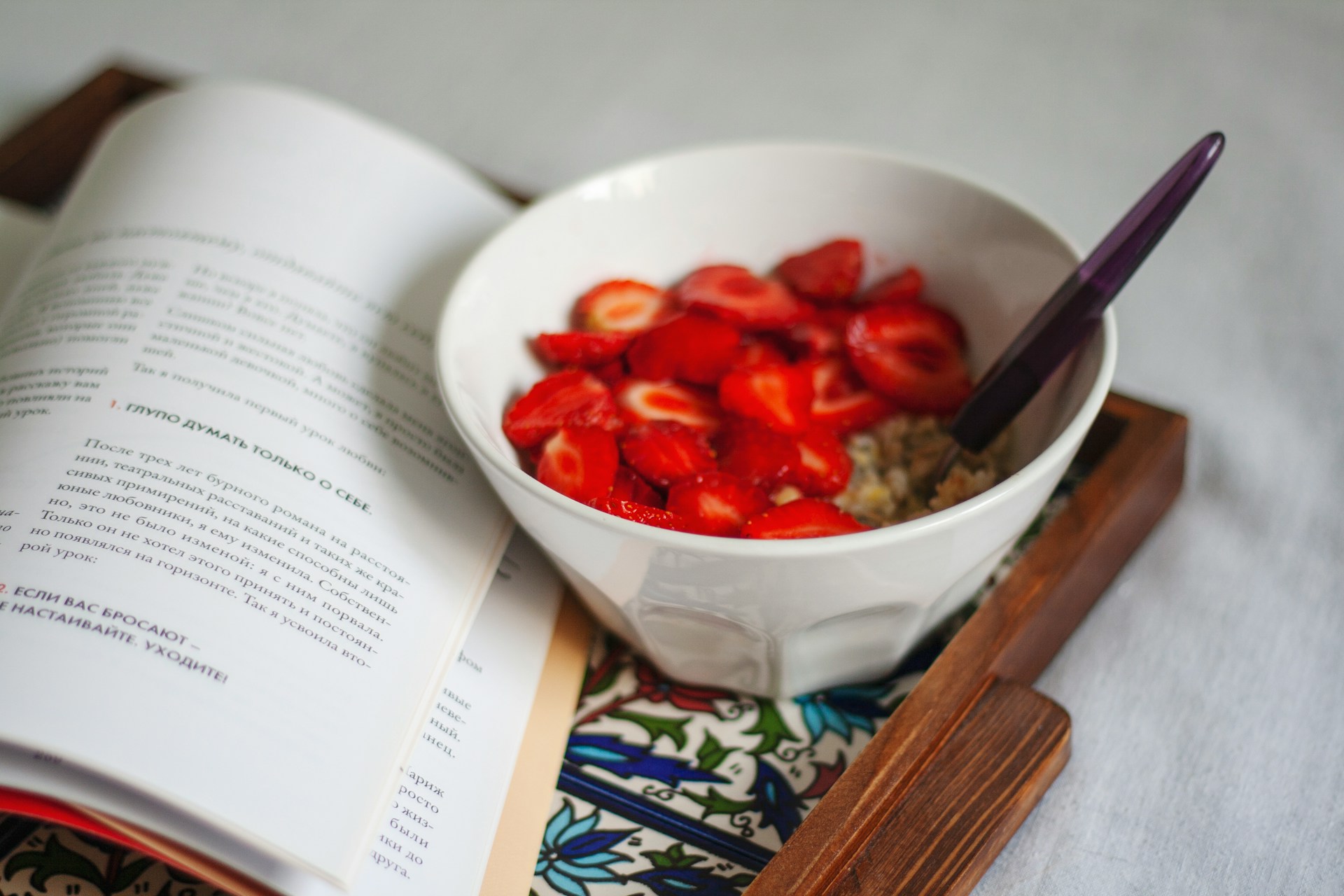Have you ever felt a nervous flutter in your stomach before a big event? Or have you experienced an upset stomach when life gets a little crazy? This isn’t just your imagination—your digestive system and your emotions are truly and deeply intertwined.
Researchers call this the “gut-brain connection,” and it’s a communication network that runs both ways. The state of your mind can affect how your gut behaves, and the condition of your digestive tract can influence your mood, thoughts, and feelings. By understanding this powerful connection, you can learn how to manage stress more effectively, potentially easing digestive discomfort and improving your overall well-being.
The Gut-Brain Connection
Your gut and your brain are in constant communication. One of the main pathways involved is the vagus nerve, a long nerve that stretches from the brainstem down into the abdomen. Through this nerve and other signaling mechanisms, the gut and the brain exchange information about what’s happening inside the body. This information influences everything from digestion and nutrient absorption to immune function and emotional responses.
In recent years, scientists have discovered that the gut hosts trillions of microorganisms—collectively called the gut microbiota—that produce compounds affecting brain chemistry. Some gut bacteria help produce neurotransmitters like serotonin and dopamine, which are closely linked to mood regulation. In other words, the gut microbiome can influence feelings of happiness, relaxation, and contentment, as well as the opposite—stress, anxiety, and sadness.
How Stress Impacts Digestion
When you experience stress—whether it’s from a looming work deadline, a challenging relationship issue, or even positive stress like excitement—your body releases hormones such as cortisol and adrenaline. These hormones prepare you to handle a perceived threat, activating the “fight-or-flight” response. While this reaction is helpful in the short term, chronic stress keeps your body’s alarm system switched on. Over time, this can lead to:
- Slower Digestion:
During stress, blood flow is directed toward the muscles and heart, leaving the digestive system with fewer resources. As a result, your gut may slow down, potentially causing bloating, constipation, or discomfort. - Increased Gut Sensitivity:
Stress may make the nerves in your gut more sensitive. If you already have a digestive condition like irritable bowel syndrome (IBS), stress can exacerbate symptoms, making mild discomfort feel more severe. - Altered Microbiome Balance:
Ongoing stress can shift the balance of bacteria in the gut, allowing less beneficial strains to thrive. This imbalance, sometimes called dysbiosis, may contribute to digestive issues and even affect how you absorb nutrients. - Changes in Gut Motility:
Some people experience faster digestion under stress, leading to urgency or diarrhea. Others may slow down, causing constipation or irregular bowel habits.
How Emotional Well-Being Influences Gut Health
Your emotional state can also affect the kinds of foods you choose and how well you listen to your body’s hunger and fullness cues. When under stress, you might reach for sugary, highly processed “comfort foods” that can upset the balance of your gut microbiome. On the other hand, when you feel calm and supported, you may gravitate toward more nourishing meals, encouraging a healthier, more balanced gut environment.
Additionally, stress can disrupt sleep patterns, which in turn affects digestion. Lack of sleep can slow metabolic processes, influence hormone levels related to appetite, and further stress both your mind and your gut.
Breaking the Cycle
The relationship between stress and digestion can feel like a vicious cycle: stress contributes to gut discomfort, and gut discomfort leads to more stress. The good news is that you can take steps to break this cycle and restore balance. Consider the following strategies:
- Mindful Eating:
- Eat slowly, chew thoroughly, and avoid distractions like smartphones or TV.
- Pay attention to how different foods make you feel and choose meals that leave you energized rather than uncomfortable.
- Stress-Reduction Techniques:
- Incorporate relaxation methods such as deep breathing, yoga, meditation, or gentle walks.
- Engage in hobbies you enjoy and spend time with supportive friends and family.
- Even a few minutes of mindfulness practice each day can calm the mind and help soothe the gut.
- Regular Exercise:
- Moderate physical activity helps reduce stress hormones and can aid digestion by increasing blood flow to the gut.
- Aim for activities you find enjoyable—whether it’s dancing, cycling, swimming, or stretching.
- Adequate Sleep:
- Prioritize 7–9 hours of sleep each night.
- Create a bedtime routine that signals your body it’s time to rest, like reading a book, taking a warm bath, or practicing light stretches.
- Good sleep hygiene can reduce stress, support the gut-brain axis, and improve digestion.
- Support Your Microbiome:
- Incorporate probiotic-rich foods like yogurt, kefir, and fermented vegetables to promote a healthy gut microbiome.
- Include plenty of fruits, vegetables, whole grains, and legumes for fiber, which feeds beneficial gut bacteria.
- Limit overly processed, high-sugar foods that may contribute to bacterial imbalances.
- Seek Professional Guidance:
- If chronic stress or persistent digestive issues interfere with your daily life, consider seeking help from a healthcare professional.
- A doctor, registered dietitian, or therapist can provide personalized advice and strategies for managing stress-related digestive challenges.
Finding Your Balance
It’s important to remember that everyone’s gut and brain respond to stress differently. What triggers discomfort in one person might have no effect on another. The key is to observe your own patterns and identify what brings you relief. With patience, self-awareness, and a willingness to experiment with different strategies, you can create a personalized approach to managing stress and promoting better digestive health.
Over time, as you become more attuned to how stress affects your gut—and how gut health influences your mood—you’ll gain valuable insights into your overall well-being. By making thoughtful changes in your diet, adopting stress-management techniques, prioritizing rest, and nurturing your gut microbiome, you can help ensure that your emotions and digestive system work together in harmony. The result is not just a happier gut, but a calmer mind and a more balanced, resilient you.



